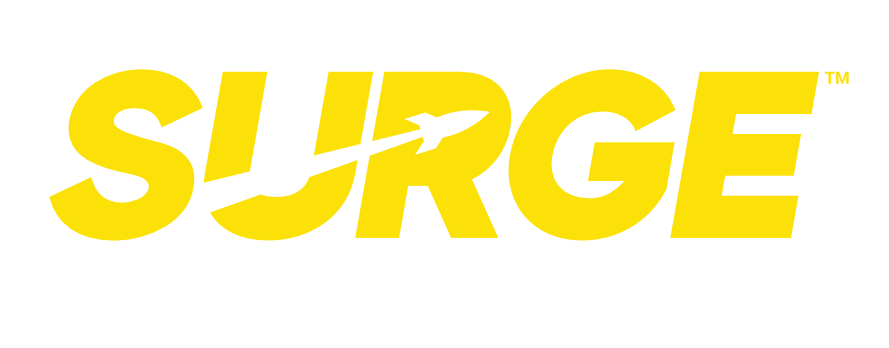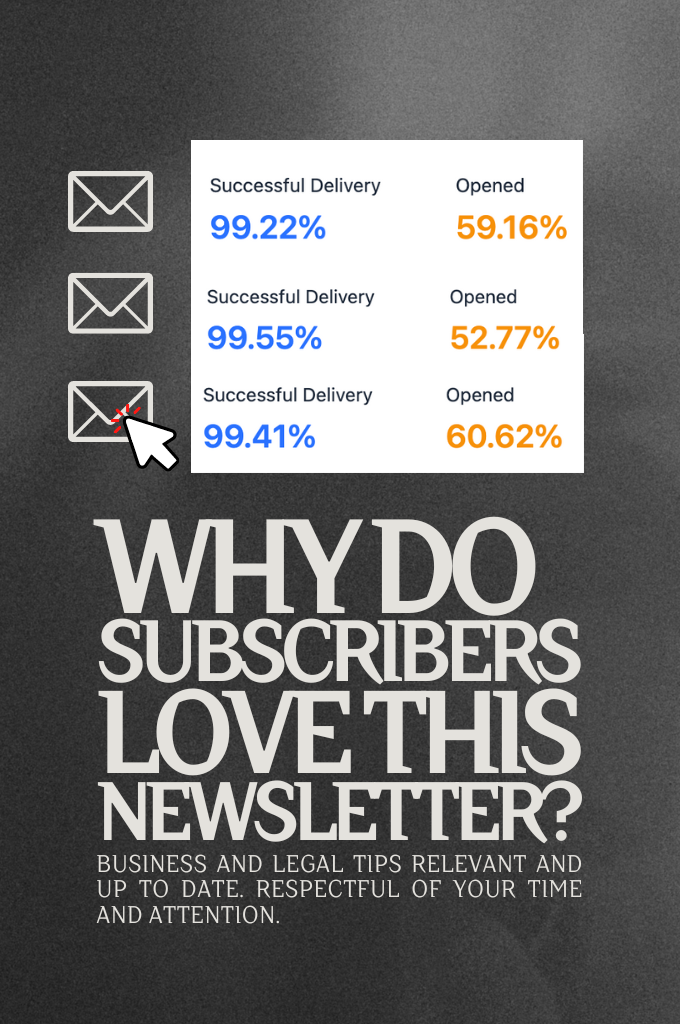Make Money from Your Ideas: A Guide to Intellectual Property Licensing and Assignments
You’ve invested heavily in your business – your brand, your processes, your ideas, and inventions… your intellectual property. These take time and money, and if others had access to these valuable resources, they could launch faster and become profitable more quickly. A license is a way for you to sell or lease your intellectual property to other businesses so that they can skip the trial and error process and immediately start to benefit from the hard work you’ve done. And usually, they’ll pay you for this benefit.
Understanding the Value of Your Intellectual Property
So, what exactly is this intellectual property (or IP) we’re talking about? Think of it as the “secret sauce” that makes your business unique. It could be anything from your brand name, logo, and products, to the way you do things—your processes, your inventions, or even your software code. These aren’t just ideas; they’re valuable assets that you’ve spent time and money developing.
Now, imagine another business that wants to get ahead but doesn’t have the time or resources to create what you’ve already perfected. This is where the value of your IP really shines. Instead of them starting from scratch, they can pay you to use what you’ve created. That’s where licensing comes in.
What is IP Licensing and How Does it Work?
Licensing is like renting out your intellectual property. You’re letting someone else use your brand, product, or process, but you’re still the owner. In return, they pay you a fee, which can be a one-time payment or ongoing royalties. This way, you continue to benefit from what you’ve built, while they get to use your tried-and-true methods or products to boost their own business.
For example, let’s say you’ve developed a unique software program that helps businesses track their sales more efficiently. A company in another industry might see the value in your software but doesn’t have the resources to build something similar. By licensing your software to them, they can start using it immediately, saving them time and money, while you earn money from their use of your software.
Also, instead of exchanging money, you could have a cross-licensing agreement—this is like an idea swap. You let them use your intellectual property and they let you use theirs. This is extremely common with larger businesses and sometimes may be the only way to bring a product to market.
The Benefits of Licensing Your Intellectual Property
There are plenty of reasons to consider licensing your IP. First off, it’s a great way to make some extra cash without having to do a lot of extra work. You’ve already put in the hard work, so why not let it keep working for you? Licensing also allows you to expand your brand’s reach without taking on the risk and expense of doing it yourself. If you’re the kind of person who always has clever ideas, you could do very well through licensing.
Another big benefit is that licensing can open up new markets for your business. Let’s say you’ve created a product that’s really taken off in the U.S., but you don’t have the resources to market it overseas. By licensing your product to a company in Europe, they can handle the marketing and distribution in that region, while you sit back and collect your royalties.
Steps to License Your Intellectual Property
If you’re thinking about licensing your IP, there are a few steps you’ll need to take. First, you’ll want to make sure your IP is protected. This might mean registering a trademark for your brand or getting a patent for your invention. Protecting your IP is crucial because it ensures you have the legal right to license it to others.
Check our pricing page or schedule an appointment—we make it easy for business owners to protect their IP through flat-fee pricing and monthly payment plans.
Next, you’ll need to decide on the terms of the license. This includes how much you’ll charge, how long the license will last, and what the licensee (the person or company using your IP) can and can’t do with it. It’s important to get these details right, so you might want to work with a lawyer to draft the agreement.
Finally, you’ll need to find someone who’s interested in licensing your IP. This could be a company in your industry, a business in a related field, or even a startup that could benefit from your expertise. Once you’ve found a potential licensee, you’ll negotiate the terms and finalize the deal.
Understanding IP Assignments: Selling Your IP
While licensing lets you “rent out” your IP, assigning it is more like selling it outright. When you assign your IP, you’re transferring ownership to someone else. This might be a good option if you’ve moved on to other projects or if you just want to cash in on your investment.
However, keep in mind that once you assign your IP, you no longer have any rights to it. That means you can’t use it yourself, and you won’t earn any future income from it. So, while an assignment can provide a quick financial boost, it’s important to weigh the long-term implications before making a decision.
If you are preparing to retire and sell your business, transferring assets to a trust, a coworker or one of your children, you’ll want to assign your IP. This is sometimes as simple as a contract but sometimes may require updating the registration. Contact us to talk through it.
Critical Considerations and Common Pitfalls in Licensing and Assignments
Licensing and assigning your IP can be great ways to make money, but they’re not without their challenges. One of the biggest pitfalls is not protecting your IP properly. If you don’t have the right trademarks, patents, or copyrights in place, you could find yourself in a situation where someone uses your IP without paying you for it.
Another common issue is not setting clear terms in the agreement. For example, if you don’t specify how your IP can be used, you might end up with a licensee who takes advantage of the situation. That’s why it’s so important to have a solid contract in place that spells out all the details. Contact our team to help you get the contract just right.
Finally, make sure you’re getting a fair deal. It can be tempting to jump at the first offer, but it’s important to do your homework and make sure the terms are right for you. If you’re not sure what’s fair, don’t hesitate to get advice from a professional.
Conclusion: Maximizing the Value of Your Intellectual Property
Your intellectual property is more than just an idea—it’s your hard work, creativity, and investment. By licensing your IP, you not only create a new revenue stream but also help other businesses fast-track their success by leveraging the resources you’ve painstakingly developed. Whether you choose to license your intellectual property or assign it outright, making informed decisions will ensure you maximize the return on your investment. Protect your innovations, capitalize on your efforts, and let your intellectual property work for you.


